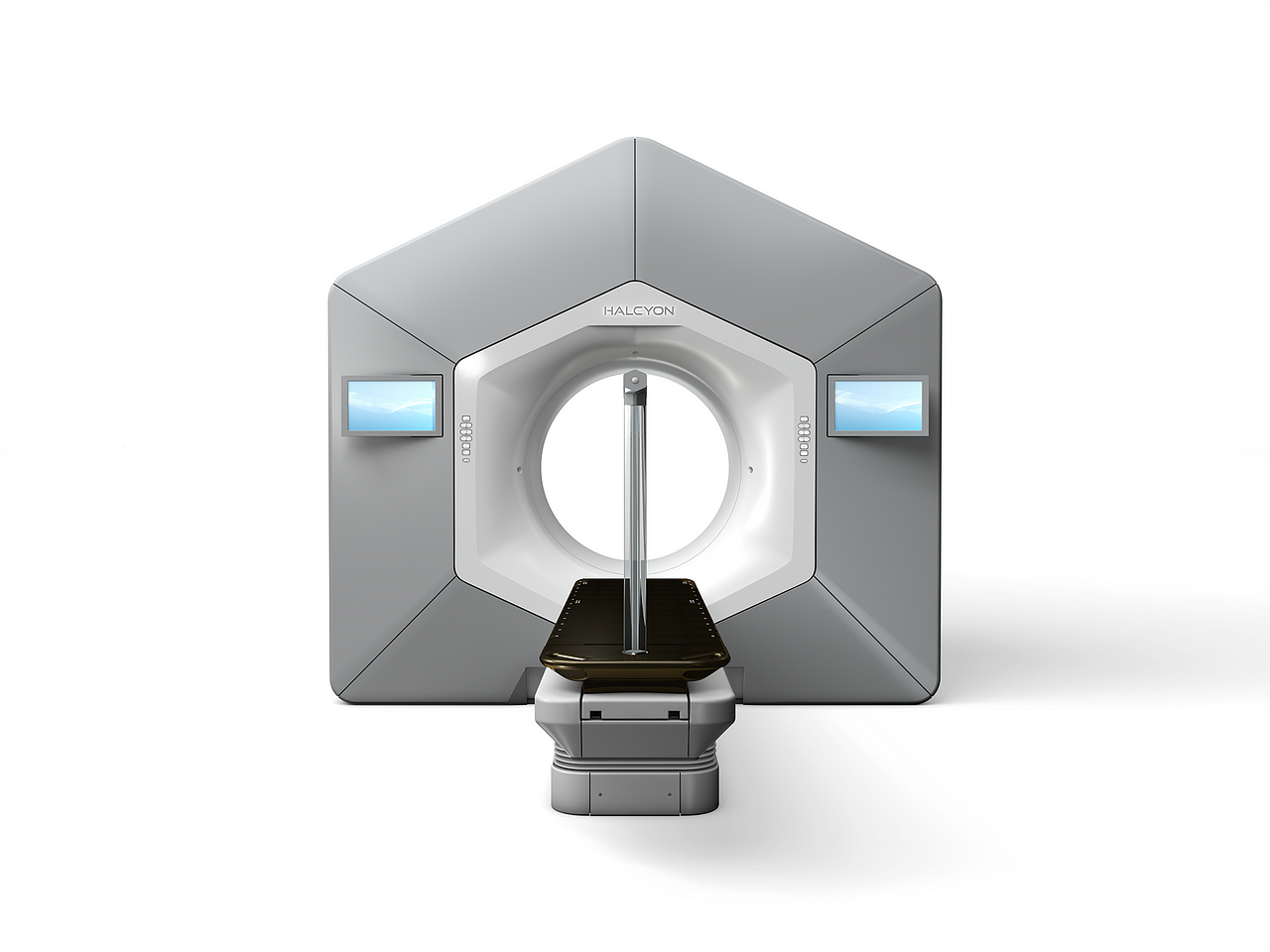Lung Cancer
Lung cancer is the uncontrolled growth of abnormal cells in one or both lungs. As they grow, the abnormal cells can form tumors and interfere with the functioning of the lung, which provides oxygen to the body via the blood.
According to the American Cancer Society, lung cancer is the second most common cancer in both men and women. Typically, lung cancer is more prominent in older individuals, with most cases being diagnosed past the age of 65. Lung cancer is by far the leading cause of cancer death among both men and women, making up almost 25% of all cancer deaths. Each year, more people die of lung cancer than of colon, breast, and prostate cancers combined.
Researchers have found several factors that increase your risk of lung cancer. Some that you can control include:
- Tobacco smoke: smoking is the leading risk factor for lung cancer. It accounts for almost 80% of lung cancer deaths. Firsthand tobacco use isn’t the only risk. Secondhand smoke can increase your risk of developing lung cancer.
- Cancer causing agents: exposure to cancer causing agents such as radon, asbestos, and workplace chemicals (radioactive ores, arsenic, beryllium, cadmium, silica, vinyl chloride, nickel compounds, chromium compounds, coal products, mustard gas, more) can increase your risk of developing lung cancer.
- Certain dietary supplements: 2 large studies found that people who smoked who took beta carotene supplements actually had an increased risk of lung cancer. The results of these studies suggest that people who smoke should avoid taking beta carotene supplements.



